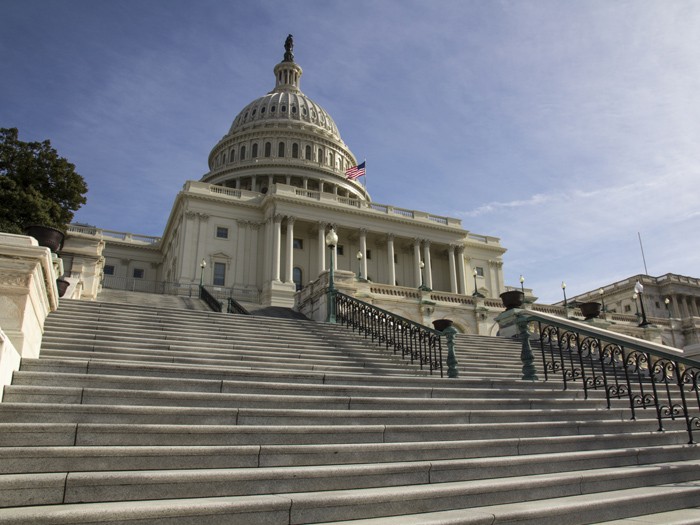TRIA Update
Congress Quickly Changes Course on TRIA

In one of its first official acts of 2015, the U.S. Senate voted 93-4 to approve a six-year extension to the federal Terrorism Risk Insurance Program — just one day after the House passed the reauthorization bill with a 416-5 vote.
President Obama signed the bill into law on Jan. 12.
Thanks to Congress’s swift actions upon reconvening, there were no major negative repercussions to the program expiring in Dec. 31, 2014 after Senate failed to vote on it before breaking for the holiday.
The insurance industry, however, had been preparing hastily for the prospect of the program not being renewed.
Many insurers had sent notifications of policy changes or cancellations, and companies were left scrambling to place new policies or add endorsements to maintain their coverage.
The bill also provides for the formation of the National Association of Registered Agents and Brokers … that would allow insurance agents and brokers to obtain certification to operate on a multistate basis.
In New York City, the New York State Insurance Fund was preparing to provide workers’ comp coverage to employers if the private marketplace did not respond.
Bob Hartwig, president of the Insurance Information Institute, said in comments to the New York Times that failing to reauthorize the federal backstop would be “the equivalent of everyone deciding they’re not going to be inoculated against measles.”
The passage of TRIPRA therefore won sighs of relief and high praise from many industry leaders.
Mike Russo, a senior financial analyst at A.M. Best, called the bill’s passage “a positive for the industry as it will get rid of some of the uncertainty that occurred last December when TRIA was allowed to lapse.
According to Russo, A.M. Best will continue to “keep an eye on insurance companies to make sure that with the increased deductible and co-participation that these risks don’t go out of bounds within their existing risk management foundations.”
David Sampson, president and CEO of the Property Casualty Insurers Association of America, said in a statement that the bill would “minimize market disruptions, maintain the availability and affordability of terrorism insurance for consumers, and protect taxpayers.
“I am grateful that Members of both chambers were able to quickly come together on a bipartisan basis to achieve a hard won compromise to maintain America’s economic resiliency plan to recover from terrorist attacks,” he said.
“This vote is a significant win for consumers, taxpayers, and our members. … We also are grateful that NARAB II was included in the legislation. We urge President Obama to sign this legislation as soon as possible.”
Leigh Ann Pusey, president and CEO of the American Insurance Association (AIA), said in a statement, “Congress’ timely reauthorization of TRIA will preserve a well-functioning private terrorism insurance marketplace.
“TRIA provides policyholders and businesses the certainty they need to operate and grow our nation’s economy. We thank the Congress for its steadfast support and hard work to reauthorize TRIA and urge President Obama to quickly sign the legislation into law.”
The legislation will extend TRIA by six years, until Dec. 31, 2020, and slowly transfer some coverage responsibility back to the private marketplace.
It will reduce the level of federal compensation and insurer co-pay by one percent per year, from the current 85 percent/15 percent to 80 percent/20 percent, beginning next year.
It will also increase the trigger amount from $100 million to $200 million, by $20 million per year over the next five years, also beginning next year.
The bill also raises the aggregate insurer retention by $2 million per year, from the current $27.5 million to $37.5 million, and creates a capital reserve fund requiring insurers to establish dedicated reserve funds for terrorism losses.
The bill also provides for the formation of the National Association of Registered Agents and Brokers, known as NARAB II, creating a nonprofit board that would allow insurance agents and brokers to obtain certification to operate on a multistate basis.
The creation of NARAB II will benefit policyholders by allowing for greater competition among agents and brokers and promote greater consistency in agent and agency licensing.










